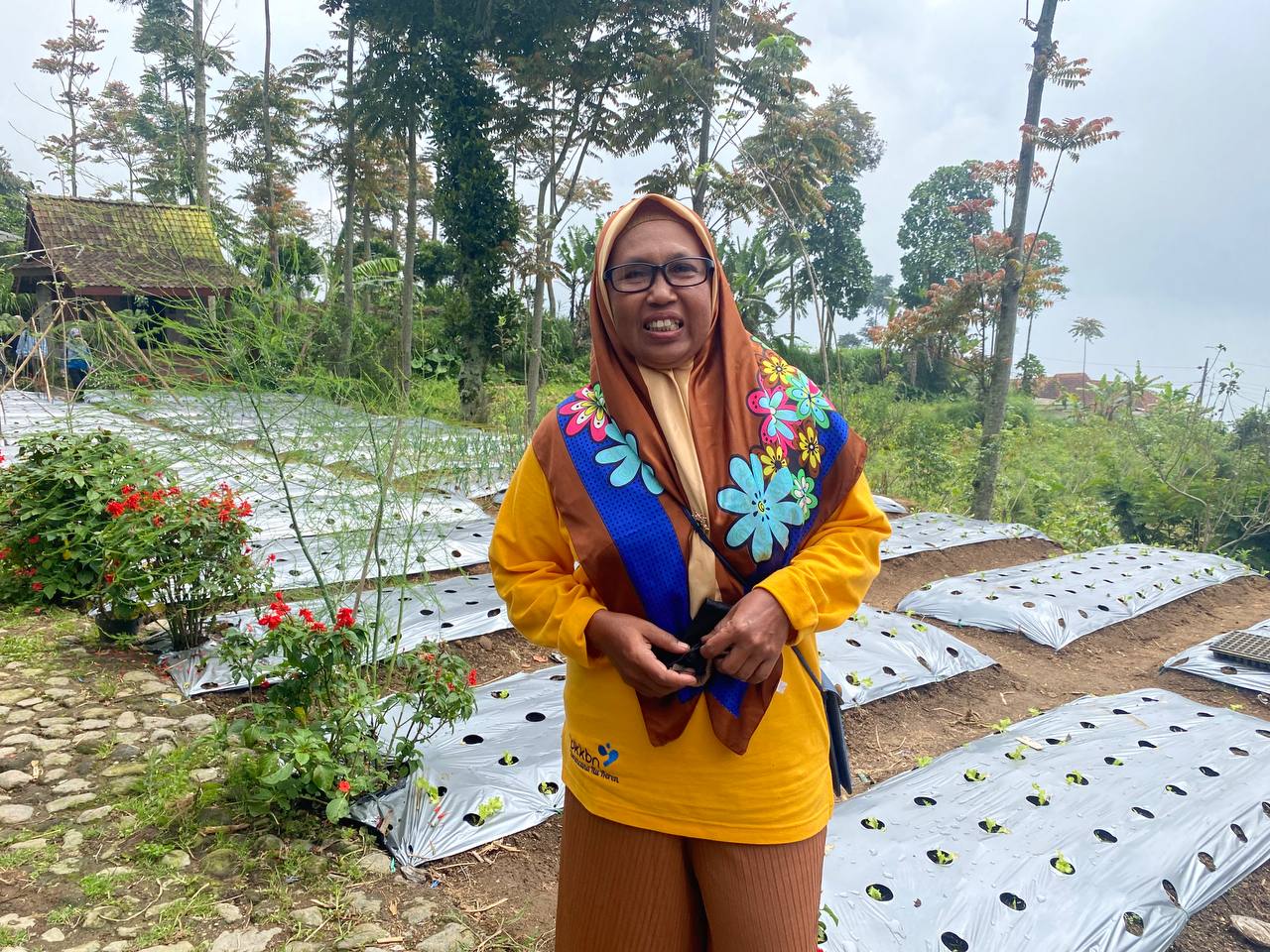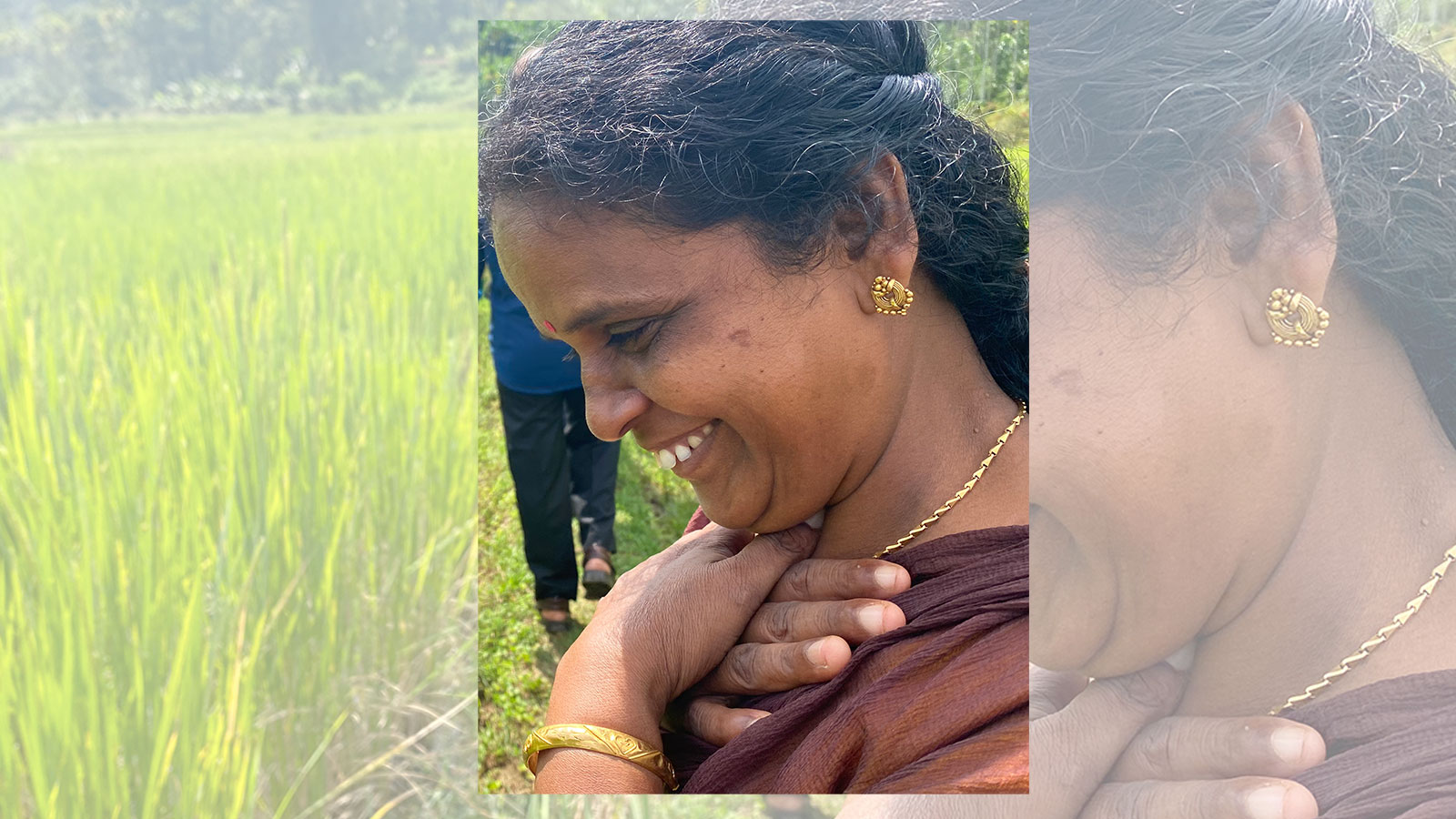Conventional agriculture has relied heavily on chemical inputs that have negatively impacted the environment and increased production costs. Transition to agricultural sustainability is a major challenge and requires that alternative agricultural practices are scientifically analyzed to provide a sufficiently informative knowledge base in favor of alternative farming practices. Agricultural research in the past century made significant strides toward developing improved germplasm, devising integrated pest management, and defining cultivation practices. This has led to increased crop production and contained losses caused by pests. Thus, conventional agriculture used knowledge-based technologies to produce food crops that were safe, high yielding, and cost effective. Conventional agriculture depends on synthetic nitrogen, potassium, and phosphorous fertilizer, pesticides, and heavy machinery driven by fossil fuels. Heavy reliance on chemical inputs has, unfortunately, resulted in increased production costs and has detrimentally impacted ecosystems by introduction of agrochemicals, raising serious concerns for human and animal health. There has been a continuing reliance on the use of pesticides, particularly for fruits and vegetables, as a means of preserving yield and quality. Concerns about the environment and ecosystem have catalyzed efforts to seek alternative agricultural practices for long-term sustainability of agriculture. The alternative systems approach based on enhancing biological interactions to sustain and enhance production agriculture has had some success. This approach has innovatively reduced off-farm chemical inputs, and put emphasis on improved farm management and conservation of soil, water, energy, and biological resources.



